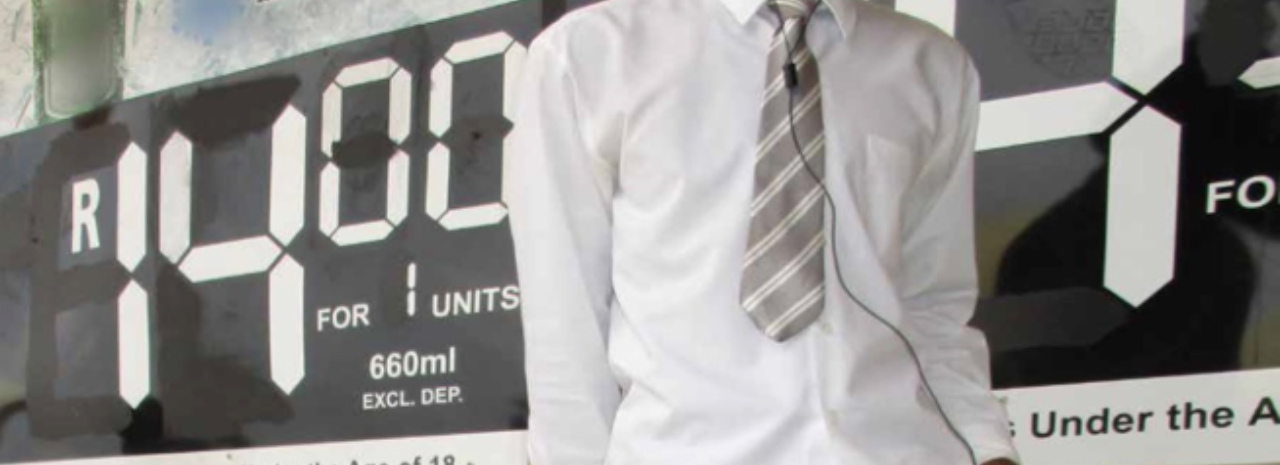
Raising the drinking age to 21: Pros and cons
Most South Africans do not drink alcohol yet the consumption per capita is extremely high by international standards. In other words, those who do drink, drink to excess. Binge drinking is typical and levels of youth drinking are also high.
Based on this, government (led by the Department of Trade and Industry and supported by the Department of Health) proposed amendments to the national Liquor Act, 2003, including:
- Raising the legal drinking age from 18 to 21;
- Banning alcohol advertising;
- Introducing vicarious liability for manufacturers, distributors and retailers of alcohol.
Genesis was asked by the National Economic and Development Labour Council (NEDLAC) to conduct an independent study on the likely economic, health and social impacts of proposals.
The team produced the most comprehensive review to date of the alcohol industry and of alcoholic consumption patterns. It found that South Africa faced four main challenges.
First, while most South Africans do not drink those who do, drink to excess - thus heavy binge drinking is a big challenge.
Second, there is a worryingly early uptake of alcohol by children and high levels of binge drinking by teens and young people. This is particularly dangerous for the cognitive development of the brain, which is only complete at 24.
Third, much hazardous drinking occurs in the large unlicensed sector.
Finally, we found evidence that existing liquor laws are poorly enforced.
Using seven approaches to estimate impact, we found that the proposals would reduce consumption of between 3.2% and 7.4%. This was also in line with the views of the major alcohol companies.
The proposals will help to bring down levels of hazardous drinking over time, slow the uptake of drinking by young people and create public health savings of up to R1.9 billion a year. We also estimated that about 185 lives a year would be saved from alcohol-related traffic fatalities.
We further estimated that the alcohol industry would create fewer jobs (between 645 and 1 500 fewer jobs in the next 10 years). The advertising industry would lose about R400 million (about 1% of its current revenue), and the media would lose about R800 million in revenue. Hardest hit would be SABC, e.tv and Multichoice.
Moreover, advertising spending by the bigger liquor companies will move from above-the-line to below-the-line marketing like store promotions, events, and competitions. This would crowd out smaller firms that tend to use below-the-line marketing, which would negatively affect competition in the alcohol industry.
Genesis’ technical inputs across three practices produced a rigorous, independent and objective study that provided the social partners and the government with facts and evidence to further debate the merits of the amendments.
The report provides a full and balanced view of the pros and cons, in line with our company purpose to help leaders make better decisions, fairly and fully informed.
Why Nedlac wants a new study to quantify cost of liquor